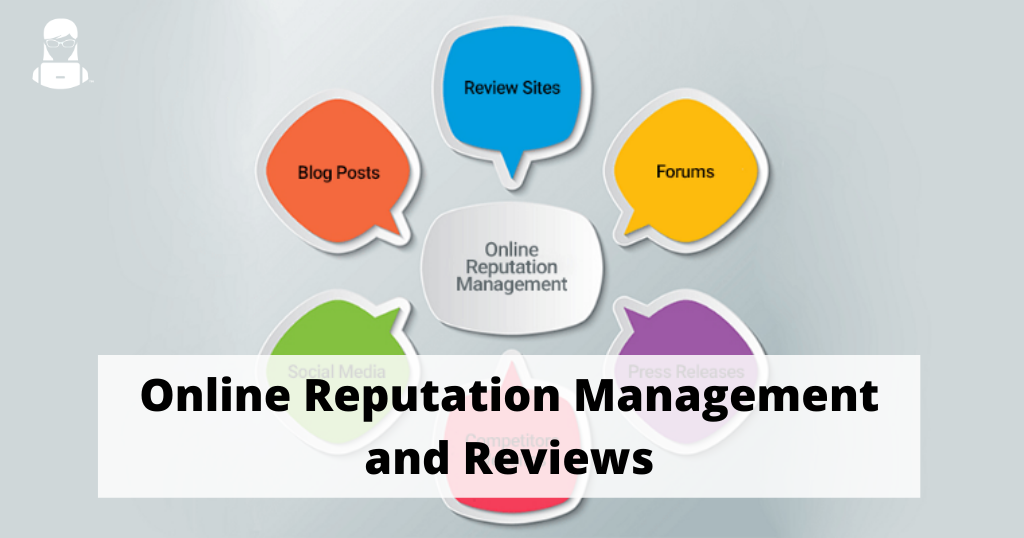







Legal Aspects of Online Reputation Management (ORM)
Legal Aspects of Online Reputation Management (ORM) are critical for businesses, individuals, and ORM service providers to understand, as they can have far-reaching consequences on how reputation is managed online. Here are some key legal considerations and potential liabilities involved with ORM, focusing on defamation, privacy, and other pertinent legal matters:
1. Defamation and Libel Issues
- Definition: Defamation occurs when false information is presented as fact, causing harm to someone’s reputation. If written, it’s known as libel; if spoken, it’s referred to as slander.
- Considerations in ORM: In the context of ORM, businesses and individuals need to be careful about their public responses to negative reviews or allegations. Making false or harmful statements, even when attempting to protect one’s reputation, could lead to defamation claims.
- Legal Remedies: Defamation laws vary by jurisdiction. Victims of defamatory content online often pursue removal of the offending material through cease-and-desist letters, lawsuits, or by contacting the platform directly.
- ORM Strategies: It’s important to respond factually and without personal attacks to online criticism to avoid escalating situations into legal battles.
2. Privacy Laws and Data Protection
- User Data and Consent: Collecting, analyzing, and using customer data for ORM purposes must comply with privacy laws like the General Data Protection Regulation (GDPR) in the EU or California Consumer Privacy Act (CCPA) in the U.S. These regulations govern how personal data is handled, requiring informed consent for its collection and use.
- Right to Be Forgotten: In some jurisdictions, individuals have a “right to be forgotten,” allowing them to request that outdated or irrelevant information be removed from search engines or other digital platforms. Managing online reputation may involve complying with such requests while balancing public interest considerations.
- Surveillance and Monitoring Tools: Using tracking software and other tools for monitoring online mentions or customer data could have implications under privacy laws. Organizations must ensure they use these tools in legally compliant ways.
3. Handling Online Reviews and Content Removal
- Review Manipulation: Businesses must avoid manipulating reviews, such as posting fake positive reviews or suppressing negative ones. In many jurisdictions, this can lead to legal penalties for misleading consumers.
- DMCA (Digital Millennium Copyright Act) Takedown Requests: ORM strategies may involve using copyright law to remove infringing content. However, using this route improperly can lead to legal pushback or penalties for false claims.
- Platform Terms of Service: Each online platform (e.g., Google, Facebook, Yelp) has its terms of service, which may impact how ORM services can intervene or manage content on these platforms.
4. False Advertising and Misrepresentation
- Businesses engaging in ORM should be cautious not to misrepresent themselves, their services, or customer testimonials. Regulatory bodies like the Federal Trade Commission (FTC) in the U.S. monitor and take action against deceptive practices that mislead consumers.
- Disclosure Requirements: If a business compensates someone for a review or testimonial, clear disclosure may be required by law to ensure transparency.
5. Cyberbullying, Harassment, and Online Harassment Laws
- For individuals and businesses targeted by trolls, cyberbullying laws can offer recourse. ORM services often involve legal strategies for dealing with harassment campaigns or protecting clients against online abuse.
- Defensive Measures: Responding to harassment must be handled in a legally compliant manner, avoiding any actions that could be seen as retaliatory or escalate the issue.
6. Trademark Infringement and Brand Protection
- ORM may involve monitoring the use of a brand’s trademark online. Misuse, infringement, or counterfeit products can damage a brand’s reputation. Companies often need to take legal action to stop infringing use or protect their intellectual property.
Best Practices for Staying Legally Compliant in ORM
- Consult Legal Counsel: Regularly consult with legal experts who specialize in digital law and online reputation matters.
- Fact-Checking and Verification: Avoid posting or responding with unverified claims that could open the door to legal disputes.
- Clear Policies and Procedures: Have established protocols for dealing with negative reviews, privacy requests, and potential legal threats.
- Transparency: Be honest and ethical in all ORM activities, including content creation, monitoring, and interactions with customs.
By understanding these legal considerations, businesses and individuals can more effectively navigate the complexities of managing online reputations while minimizing potential liabilities. This comprehensive approach ensures compliance with laws and promotes ethical ORM practices that enhance brand credibility and trust.
Online Reputation Management (ORM) in the context of political campaigns or businesses looking to maintain a positive image online:
- #ReputationManagement
- #OnlineReputation
- #BrandReputation
- #DigitalReputation
- #ReputationMatters
- #ProtectYourBrand
- #ORM
- #CrisisManagement
- #BrandProtection
- #OnlineBranding

